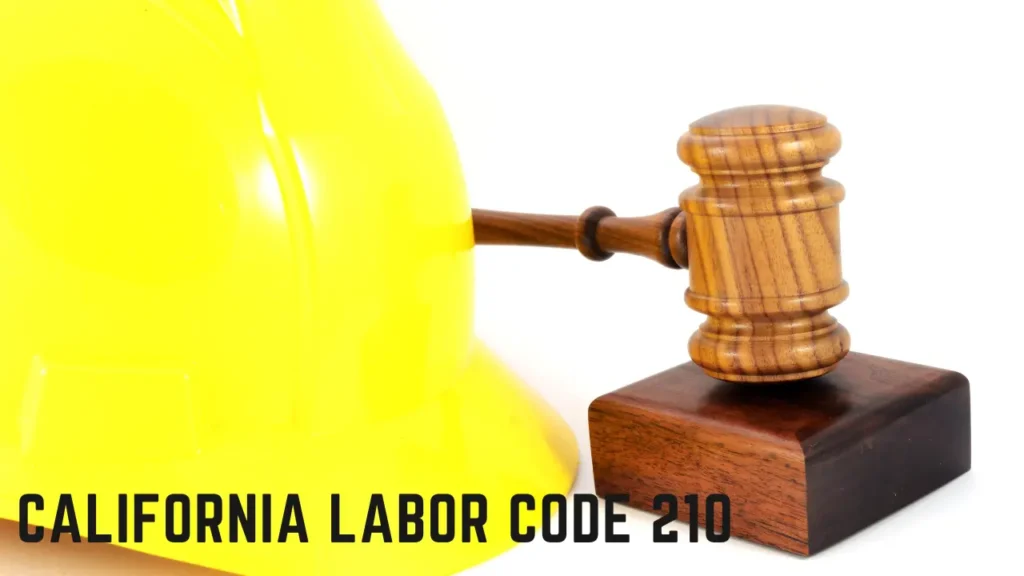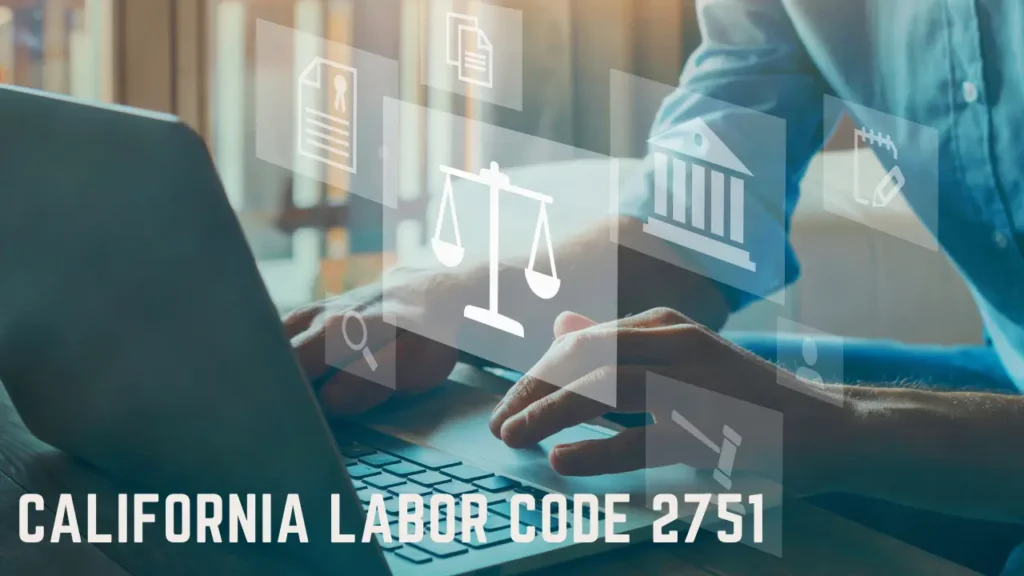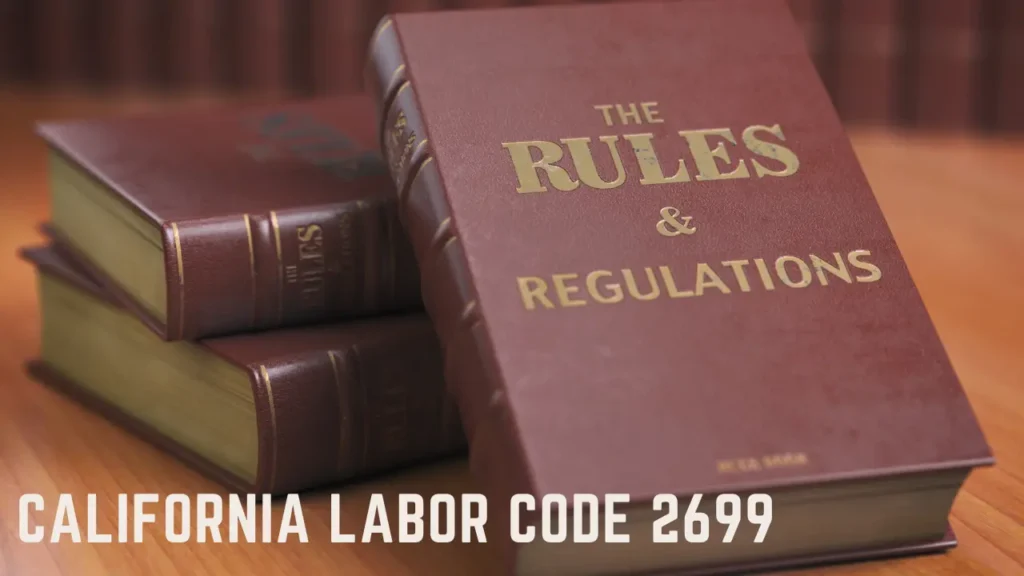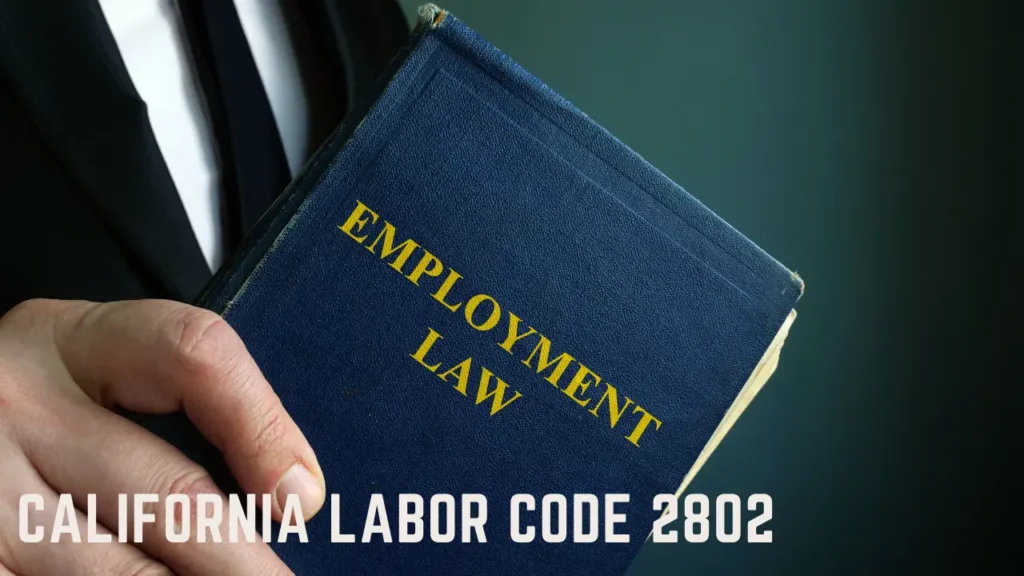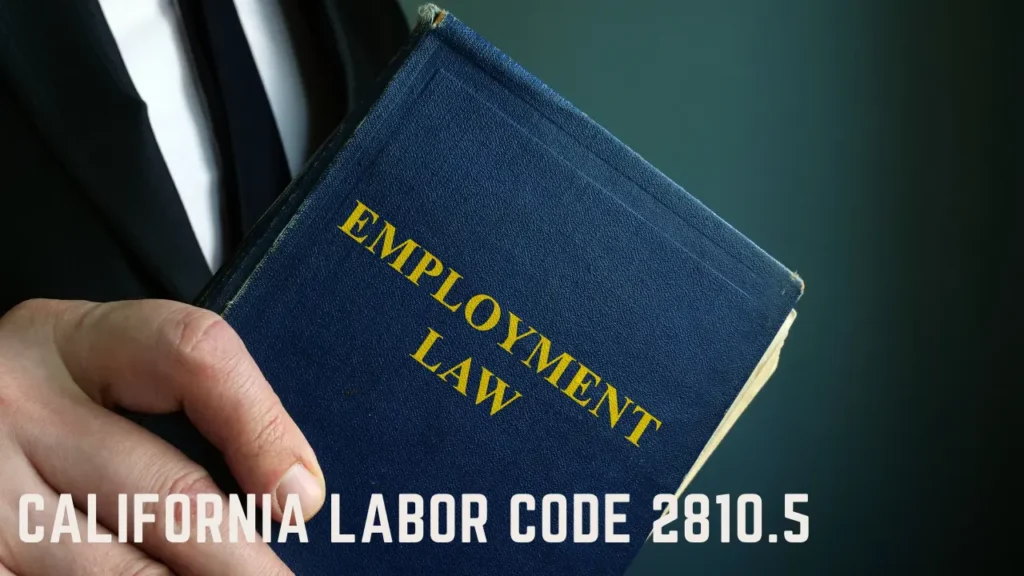Table of Contents
ToggleI’ve spent countless hours navigating through the complex matrix of California’s workplace leave laws, and I can tell you, it’s not a simple task.
Between federal acts like the Family and Medical Leave Act (FMLA) and state-specific policies such as Pregnancy Disability Leave (PDL) and Paid Family Leave (PFL), the range of leave entitlements is vast.
In this discussion, we’ll untangle these laws, breaking down the types of leave, wage replacement, job protection and more. Stick around, it’s bound to be an enlightening journey, especially if you’re looking to understand your rights or those of your employees better.
Understanding California Leave Laws
While navigating California’s leave laws may seem complex, it’s key to understand that they’re designed to protect employees in various scenarios, ranging from family and medical situations to specific circumstances like domestic violence or substance abuse recovery.
The Family and Medical Leave Act (FMLA) and California Family Rights Act (CFRA) are two fundamental laws that provide up to 12 weeks of unpaid leave. Pregnancy Disability Leave (PDL) and Paid Family Leave (PFL) also offer significant protections.
Furthermore, local laws add another layer of protection, ensuring that all categories of workers receive fair treatment. Understanding these laws is essential, as they not only safeguard your rights but also help foster a healthier, more balanced work-life environment.
Types of Workplace Leave
In California, employees are entitled to several types of leave, including Family and Medical Leave Act (FMLA) and California Family Rights Act (CFRA) leave. These allow for up to 12 weeks of unpaid leave in a 12-month period for reasons such as serious health conditions or caring for a new child.
Additionally, there’s Pregnancy Disability Leave (PDL), granting up to 122 days off for pregnancy-related issues. Paid Family Leave (PFL), bereavement leave, voting leave, and jury duty/subpoena leave are also available. Crime victims, parents needing to attend to school activities, adults pursuing literacy education, and those in drug/alcohol rehab programs are protected by specific statutes.
The state also permits using sick leave to care for family members, known as ‘Kin Care’.
Job Protection During Leave
Having examined the different types of workplace leave available in California, let’s now focus on the critical aspect of job protection during these leaves.
It’s important to know that the state law guarantees job protection for up to 12 weeks of leave. This means you’re entitled to return to the same or a similar position after your leave. Employers can’t demote you or reduce your pay because you took time off. This protection is vital for employees to exercise their right to leave without fear of losing their livelihood.
However, it’s crucial to understand the nuances of these laws or consult with a legal expert if you’re unsure about your rights. California’s commitment to worker’s rights ensures you’re protected during your leave period.
Wage Replacement Policies
It’s essential to understand that certain types of leave in California, such as Paid Family Leave, offer wage replacement benefits. This means you’ll continue receiving a portion of your salary while off work.
The three key policies that offer wage replacement are:
- Paid Family Leave (PFL): Provides up to six weeks of partial pay to employees who take time off to care for a seriously ill family member or to bond with a new child.
- State Disability Insurance (SDI): If an employee can’t work due to a non-work-related illness or injury, SDI provides short-term benefit payments.
- Workers’ Compensation: If the illness or injury is work-related, workers’ compensation provides medical benefits and wage replacement.
Specific Leave Categories
While we’ve explored how certain policies provide wage replacement during leave, let’s now turn our attention to the specific categories of leave that are recognized and protected under California law.
These include Crime Victims Leave, which covers time off for judicial proceedings related to crimes.
There’s also Leave for School Activities, where employers with 25 or more employees must allow parents leave for child-related emergencies or school events.
Literacy Education Leave allows employees unpaid leave to attend adult literacy programs.
Drug/Alcohol Rehab Leave mandates that employers with 25+ employees provide reasonable accommodations for those in drug or alcohol rehab programs.
Lastly, there’s Kin Care, which allows employees to use sick leave to care for family members.
Crime Victims and Leave
Delving into the topic of ‘Crime Victims and Leave’, California law provides certain protections and rights to employees who are victims of a crime. These protections are significant and help victims navigate through challenging times without fearing job loss.
These provisions include:
- Time Off: Victims are granted reasonable time off to attend judicial proceedings related to the crime.
- Non-Discrimination: Employers are prohibited from discriminating or retaliating against an employee for taking time off due to being a victim of a crime.
- Confidentiality: Employers must maintain the confidentiality of the victim, providing a secure environment when the employee returns to work.
In understanding these laws, we promote a more compassionate and understanding workplace, where victims can recover without the added stress of job insecurity.
Legal Rights in Leave Violations
Just as California law protects crime victims in the workplace, it also staunchly defends employees whose legal leave rights have been violated. If you’re in this unfortunate situation, there’s recourse.
You can file a lawsuit for retaliation or wrongful termination. If successful, you may recover damages including lost wages, interest, and benefits, and even have your legal fees covered. If others are affected, a class action lawsuit could be pursued.
It’s important to consult with a legal expert in labor and employment issues to guide you through the process. Remember, these laws are in place to protect you, and any violation by your employer shouldn’t be tolerated. You have rights and you’re not alone.
Damages for Leave Law Breaches
When an employer breaches California’s leave laws, the affected employee may seek substantial damages through a legal claim. This isn’t a light matter as the consequences for employers can be severe.
To break it down, the damages typically fall into three categories:
- Compensatory Damages: These cover any out-of-pocket expenses caused by the violation, such as medical costs or therapy fees.
- Lost Wages and Benefits: If you lost your job or were demoted, you’re entitled to the wages and benefits you would’ve earned.
- Punitive Damages: In cases where the employer’s conduct was especially harmful or reckless, courts may award additional damages to punish the employer and deter similar conduct in the future.
Conclusion
In wrapping up, understanding California’s workplace leave laws can feel complex, but it’s essential. From FMLA to PDL and PFL, there are various protections for employees.
Whether you’re dealing with a crime, pregnancy, or kin care, there’s a leave type for you. If your rights are violated, legal recourse is available.
It’s my hope that this guide brings clarity and empowers you to confidently navigate and exercise your rights in the workplace.








